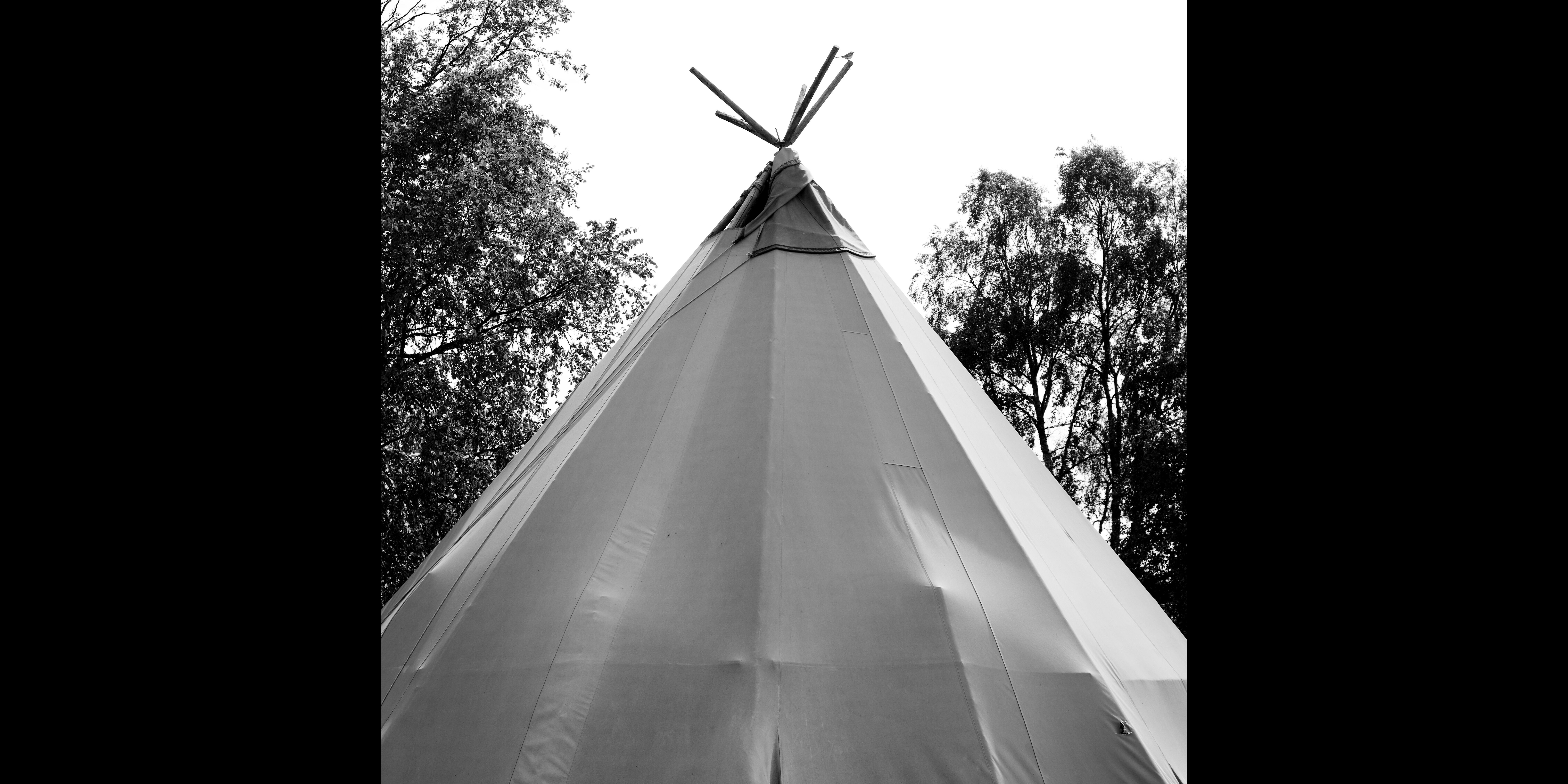Understanding Cultural Appropriation: A Detailed Analysis
Alapfogalmak
The author delves into the complexities of cultural appropriation, highlighting its historical context and implications. The argument emphasizes the need for a nuanced understanding and ethical approach to appropriation.
Kivonat
The content explores the debate surrounding cultural appropriation, focusing on recent incidents in Switzerland and Germany. It discusses the historical roots of the issue, highlighting examples from music, politics, and society. The analysis delves into the complexities of identity, authenticity, and power dynamics inherent in cultural appropriation debates. It calls for a more nuanced approach that encourages dialogue and reflection rather than simplistic reactions.
Összefoglaló testreszabása
Átírás mesterséges intelligenciával
Hivatkozások generálása
Forrás fordítása
Egy másik nyelvre
Gondolattérkép létrehozása
a forrásanyagból
Forrás megtekintése
www.republik.ch
Was Sie wissen sollten, bevor Sie sich über kulturelle Aneignung aufregen
Statisztikák
"Im Juli wurde in einer alternativ verwalteten Brasserie in Bern ein Konzert abgebrochen."
"Der Grund: Der Schweizer Musiker Lauwarm spielte mit seiner Band Reggaemusik."
"Ein Jahr zuvor war es bei einem Parteitag der Berliner Grünen zu einem Eklat gekommen."
"Anfang August wurde der Subventionsantrag eines Förderzentrums für finanziell schwache Familien für eine 'Indianerfreizeit' abgelehnt."
Idézetek
"Unsere Musik, unsere Mode, unsere Frisuren, unsere Tänze, unsere Körper, unsere Seelen – das alles hätten Weisse schon immer wie reife Früchte behandelt."
"Appropriiere! Aber tue es richtig! Das allerdings geht am besten im Dialog: in gemeinsamer Reflexion statt im Modus der Empörung."
Főbb Kivonatok
by Jens Balzer : www.republik.ch 08-11-2022
https://www.republik.ch/2022/08/11/was-sie-wissen-sollten-wenn-kulturelle-aneignung-sie-aufregt
Mélyebb kérdések
What role does historical context play in shaping contemporary debates on cultural appropriation?
Historical context plays a crucial role in shaping contemporary debates on cultural appropriation by providing the foundation for understanding power dynamics, inequalities, and the origins of certain cultural practices. The history of colonization, slavery, and imperialism has led to the exploitation and marginalization of certain cultures by dominant groups. This history informs discussions on who has the right to use or benefit from specific cultural elements and highlights the need to address past injustices.
How can we navigate the fine line between appreciation and appropriation in a multicultural society?
Navigating the fine line between appreciation and appropriation in a multicultural society requires sensitivity, education, and respect for diverse cultures. It is essential to approach different cultural practices with an open mind, willingness to learn about their significance, and acknowledgment of their origins. Genuine appreciation involves understanding the context behind traditions or art forms without reducing them to stereotypes or caricatures. Engaging in meaningful dialogue with members of that culture can provide valuable insights into what constitutes respectful engagement.
In what ways can dialogues about cultural appropriation lead to a deeper understanding of identity and power dynamics?
Dialogues about cultural appropriation have the potential to deepen our understanding of identity by highlighting how individuals relate to their own culture as well as others'. By discussing instances where one culture adopts elements from another without proper acknowledgment or respect, we uncover underlying power dynamics at play. These conversations shed light on issues related to privilege, representation, ownership of narratives, and systemic inequalities that shape interactions between different communities. Through these dialogues, individuals can reflect on their own positionality within these power structures and work towards creating more equitable relationships based on mutual understanding and collaboration rather than exploitation.
0
